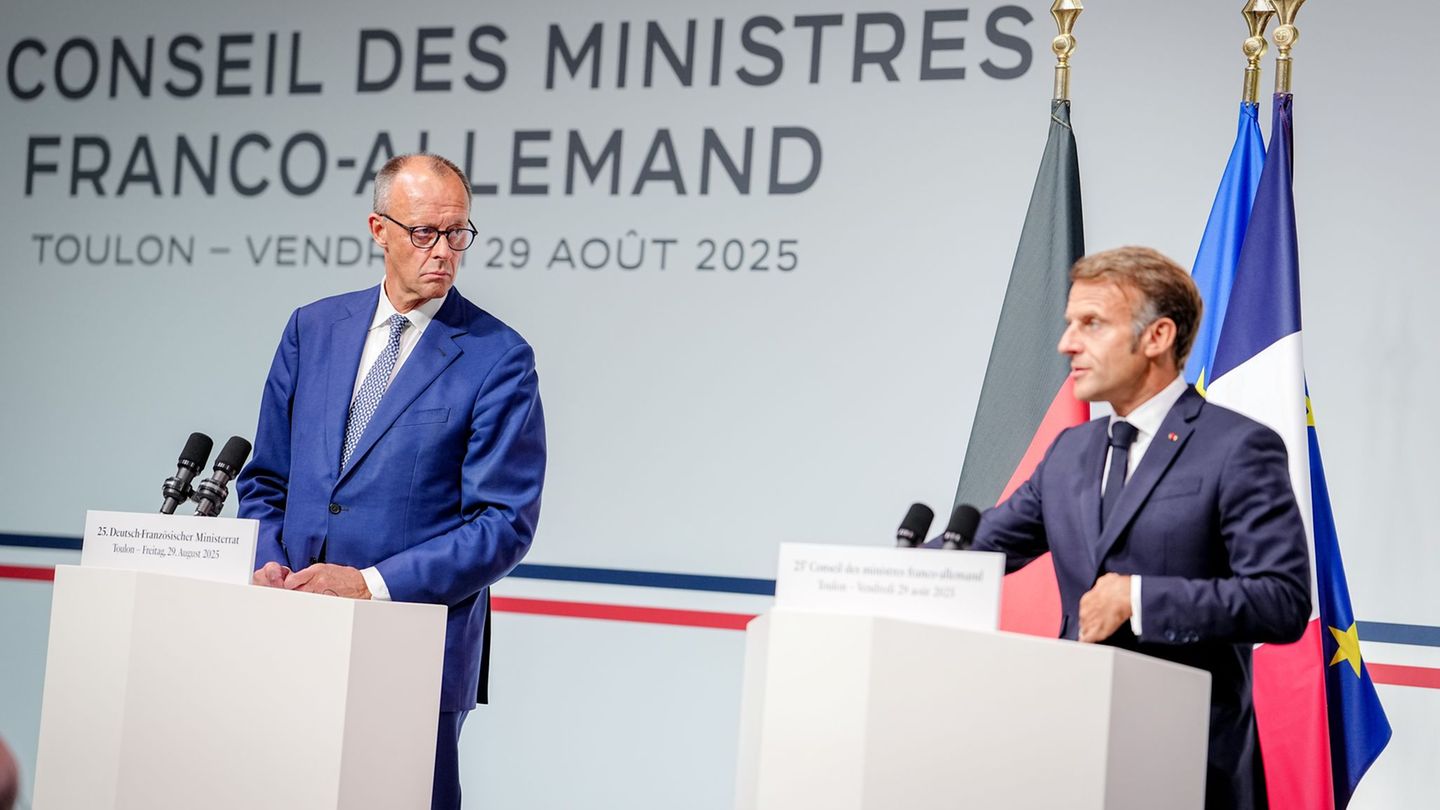Menu
Digital sovereignty: Consumers are looking for alternatives to US tech products
Categories
Most Read
The DNI Account benefit with which you can save on your next book purchase
October 11, 2025
No Comments
Global managers debate whether its price is in a bubble
October 11, 2025
No Comments
a forceful gesture in the midst of a new crisis
October 11, 2025
No Comments
Despite the exchange peace, food prices continue to put pressure on inflation
October 11, 2025
No Comments
This bank offers a rate of 39% if you invest $1,000,000 from home banking
October 11, 2025
No Comments
Latest Posts

Finance and investments top the list of the 400 richest in the US in 2025
October 11, 2025
No Comments
October 11, 2025 – 19:03 They concentrate 0.0001% of the country’s wealth. Elon Musk tops the list with an estimated net worth of $428 billion.

Film star: US media: Hollywood star Diane Keaton dies
October 11, 2025
No Comments
Lisa HarrisI am an author and journalist who has worked in the entertainment industry for over a decade. I currently work as a news editor

The Netflix movie for mystery fans: a journalist will have to solve a tragic event
October 11, 2025
No Comments
October 11, 2025 – 18:00 With a production that promises to make people talk, the platform reflects its great commitment to one of the most
24 Hours Worlds is a comprehensive source of instant world current affairs, offering up-to-the-minute coverage of breaking news and events from around the globe. With a team of experienced journalists and experts on hand 24/7.

